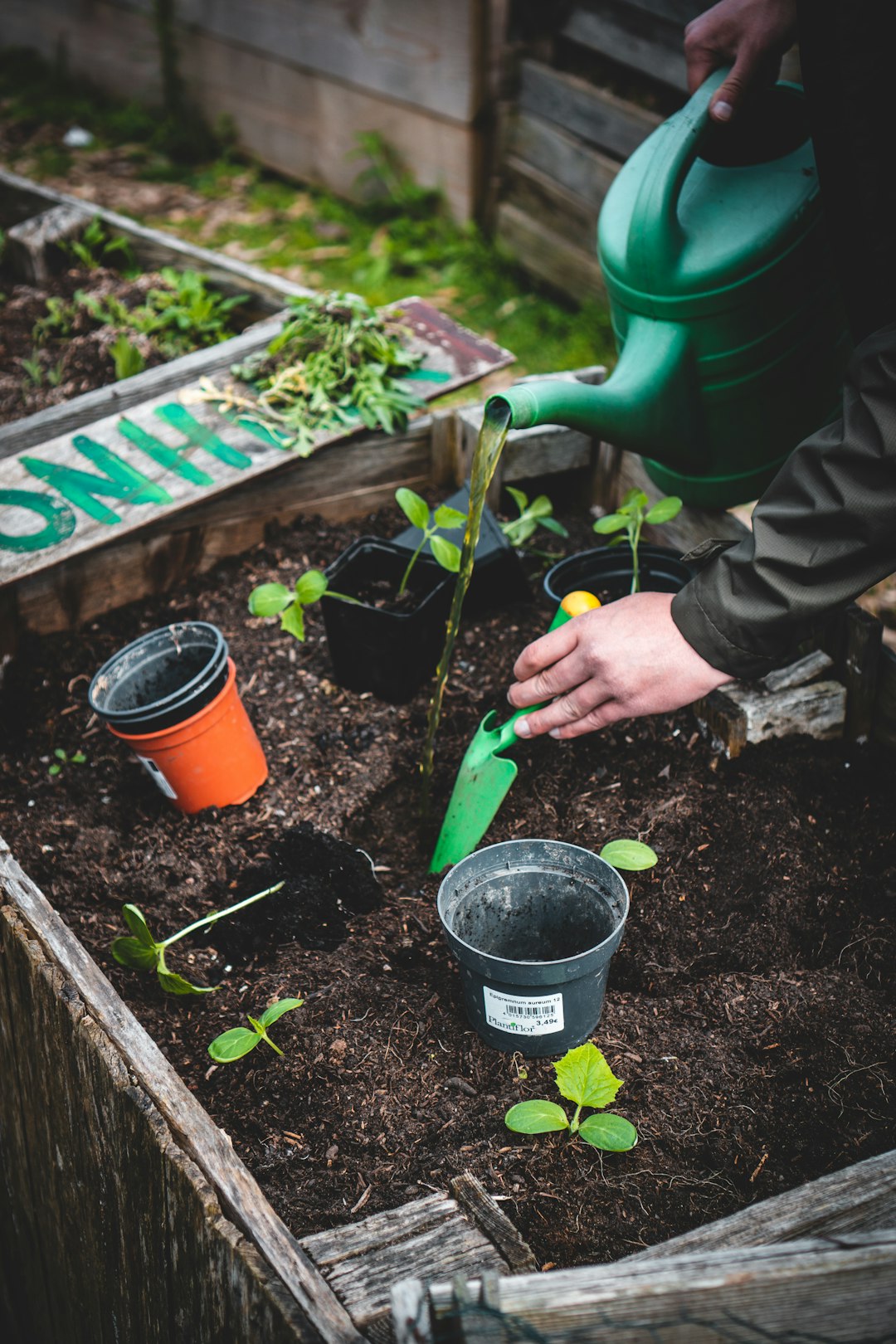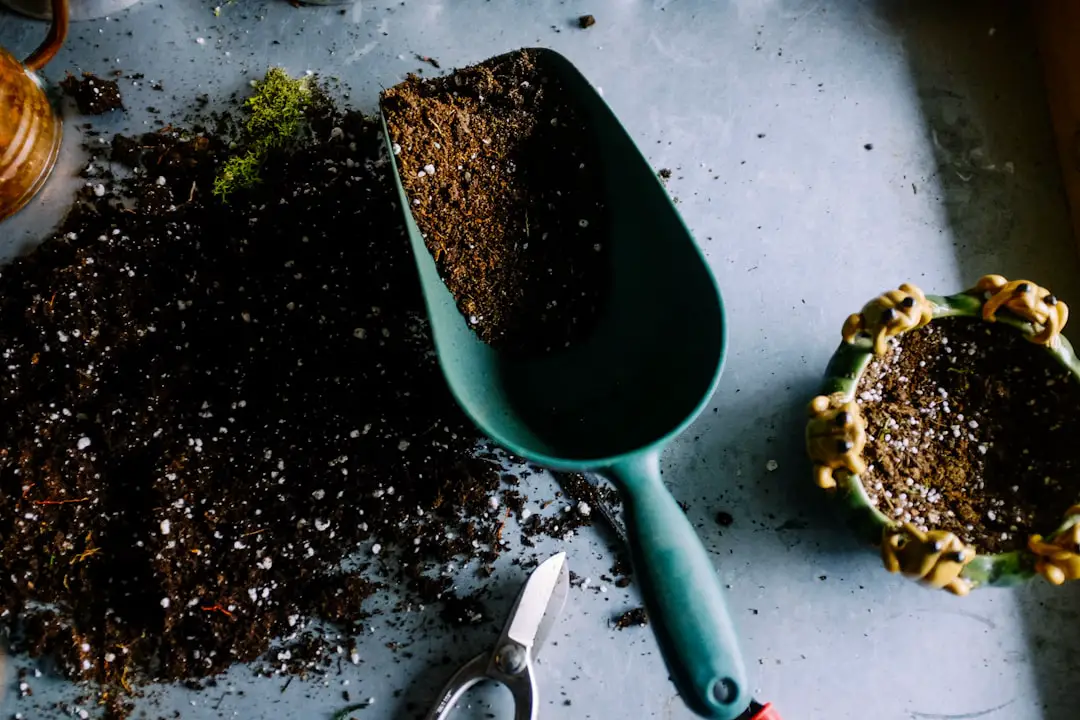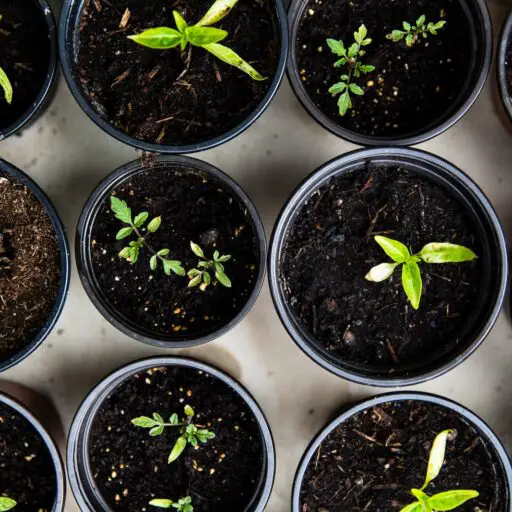Support our educational content for free when you purchase through links on our site. Learn more

Quick Answer:
Gardening offers a multitude of benefits for your mental and physical health, as well as for the environment. It can improve your mood, reduce stress, provide fresh and nutritious food, increase physical activity, and foster a sense of community. Whether you’re a kid, an adult, or young at heart, gardening has something to offer everyone. So grab your shovel and let’s dig into the 20 incredible benefits of gardening!
Table of Contents
- Quick Answer
- Quick Tips and Facts
- Background and History of Gardening
- Garden Health Benefits for Kids
- Garden Health Benefits for Adults
- Garden Health Benefits for the ‘Young at Heart’
- Environmental Benefits of Gardening
- Gardening Tips for Beginners
- FAQ
- Conclusion
- Recommended Links
- Reference Links
Quick Tips and Facts
- Gardening can improve your mental and physical health, as well as the environment.
- It can reduce stress, improve mood, and increase physical activity.
- Gardening provides fresh and nutritious food options.
- It fosters a sense of community and connection with nature.
- Gardening is suitable for people of all ages and abilities.
Background and History of Gardening

Gardening has been a part of human civilization for thousands of years. From the ancient Hanging Gardens of Babylon to the modern urban rooftop gardens, people have recognized the benefits of cultivating plants. Gardening not only provides sustenance but also offers a therapeutic escape from the hustle and bustle of daily life.
1. Garden Health Benefits for Kids
Gardening is an excellent activity for children, offering numerous benefits for their physical, mental, and emotional well-being. Here are some of the ways gardening can positively impact kids:
✅ Develop Healthy Eating Habits: When children grow their own vegetables, they are more likely to eat them. Gardening encourages a love for fresh, nutritious food and can help picky eaters expand their palates.
✅ Nurture Smart Students: Gardening is an educational experience that teaches children about science, math, and nutrition. It provides hands-on learning opportunities and fosters curiosity and critical thinking.
✅ Grow Responsible, Self-Confident Kids: Taking care of plants instills a sense of responsibility and self-confidence in children. They learn to nurture and care for living things, developing empathy and respect for the environment.
✅ Reduce Childhood Obesity: Gardening keeps kids active and engaged, reducing the risk of childhood obesity. It provides a fun and productive alternative to sedentary activities like watching TV or playing video games.
✅ Broaden Their Horizons: Gardening introduces children to a variety of vegetables and plants they may not encounter otherwise. It sparks their curiosity and makes gardening an exciting adventure.
✅ Healthy After School Activities: Encourage outdoor activities like gardening instead of screen time. Gardening allows children to connect with nature, get fresh air, and engage in physical activity.
✅ Combat ADHD: Spending time outdoors and engaging with nature can help reduce symptoms of ADHD. Gardening provides a calming and therapeutic environment for children with attention difficulties.
✅ Aid Kids With Learning Disabilities: Gardening can improve nonverbal skills and relationships in children with learning disabilities. It offers a sensory-rich experience that enhances their cognitive and social development.
2. Garden Health Benefits for Adults
Gardening is not just for kids; it offers numerous health benefits for adults as well. Here’s how gardening can positively impact your well-being:
✅ Boost Your Mood: Spending time in nature and engaging in gardening activities can reduce stress, anxiety, and depression. Gardening promotes relaxation and boosts mood-enhancing hormones like serotonin.
✅ Eat the Healthiest Foods Now: Growing your own vegetables ensures a fresh and nutritious food supply. You have control over what goes into your garden, avoiding harmful pesticides and chemicals.
✅ A Fun Way to Stay Fit: Gardening is a great way to burn calories and stay physically active. Digging, planting, and weeding engage various muscle groups, providing a low-impact workout.
✅ Improve Your Sleep: Engaging in physical activity and spending time outdoors can improve sleep quality. Gardening helps regulate your body’s natural sleep-wake cycle, leading to better rest.
✅ Power Foods Nourish People: Homegrown vegetables are packed with nutrients and flavor. By growing your own food, you have access to a wide variety of fresh produce that can enhance your overall health.
3. Garden Health Benefits for the ‘Young at Heart’
Gardening is a fantastic activity for older adults, offering a range of physical, mental, and emotional benefits. Here’s how gardening can positively impact the ‘young at heart’:
✅ Improve Mobility, Strength, and Endurance: Gardening promotes muscle strength, flexibility, and endurance. Activities like digging, bending, and lifting help maintain mobility and prevent age-related muscle loss.
✅ Reduce Health Risks: Regular gardening can lower the risk of osteoporosis, diabetes, and heart disease. It provides a gentle form of exercise that keeps the body active and healthy.
✅ Keep Your Heart Healthy: Engaging in light physical activity like gardening can reduce the risk of heart disease. It improves cardiovascular health and lowers blood pressure and cholesterol levels.
✅ Get a Daily Dose of Vitamin D: Spending time outdoors while gardening allows your body to absorb vitamin D from the sun. Vitamin D is essential for bone health, immune function, and overall well-being.
✅ Improve Your Financial Health: Growing your own vegetables can save money on grocery bills. Additionally, homegrown produce often tastes better and is more nutritious than store-bought alternatives.
✅ Promote Social Interaction: Gardening fosters a sense of community and provides opportunities for social interaction. Joining a community garden or gardening club allows you to connect with like-minded individuals.
✅ Stimulate Your Mind: Gardening can benefit individuals with Alzheimer’s and dementia. It stimulates the senses, improves cognitive function, and provides a calming and therapeutic environment.
4. Environmental Benefits of Gardening
Gardening not only benefits individuals but also has a positive impact on the environment. Here are some of the environmental benefits of gardening:
✅ Promote Biodiversity: Gardens provide habitats for various plants, insects, birds, and other wildlife. By creating a diverse garden, you contribute to the preservation of local ecosystems.
✅ Reduce Carbon Footprint: Growing your own food reduces the need for transportation and packaging. It minimizes the carbon emissions associated with commercial agriculture and food distribution.
✅ Improve Air Quality: Plants absorb carbon dioxide and release oxygen, improving air quality. By planting trees and flowers, you contribute to cleaner and healthier air in your surroundings.
✅ Conserve Water: Implementing water-saving techniques like mulching and drip irrigation can significantly reduce water consumption in your garden. Conserving water helps protect this precious resource.
✅ Combat Soil Erosion: Gardens help prevent soil erosion by providing ground cover and stabilizing the soil. Healthy soil supports plant growth and prevents valuable topsoil from washing away.
✅ Create Green Spaces: Gardens add beauty and greenery to urban environments. They create pockets of nature in concrete jungles, improving the aesthetics and livability of cities.
5. Gardening Tips for Beginners
If you’re new to gardening, here are some tips to help you get started:
✅ Start Small: Begin with a small garden bed or container garden. Starting small allows you to learn and experiment without feeling overwhelmed.
✅ Choose the Right Plants: Select plants that are suitable for your climate, soil type, and available sunlight. Consider your gardening goals and the amount of time you can dedicate to maintenance.
✅ Prepare the Soil: Ensure your soil is well-draining and nutrient-rich. Add compost or organic matter to improve soil fertility and structure.
✅ Water Wisely: Water your plants deeply and infrequently to encourage deep root growth. Avoid overwatering, as it can lead to root rot and other plant diseases.
✅ Mulch for Moisture Retention: Apply a layer of mulch around your plants to conserve moisture, suppress weeds, and regulate soil temperature.
✅ Practice Integrated Pest Management: Monitor your plants for pests and diseases. Use organic pest control methods whenever possible to minimize harm to beneficial insects and the environment.
✅ Enjoy the Process: Gardening is a journey, not just a destination. Embrace the learning experience, be patient with yourself, and enjoy the beauty and rewards of your garden.
FAQ

What is the benefit of a garden?
Gardening offers a wide range of benefits, including improved mental and physical health, access to fresh and nutritious food, a sense of accomplishment, and a connection with nature. It provides a therapeutic escape from daily stress and promotes overall well-being.
Read more about “What is the most important thing about gardening? … 🌱”
What can we get from the garden?
From a garden, you can get fresh and nutritious fruits, vegetables, herbs, and flowers. Gardening also offers intangible benefits like stress relief, improved mood, physical activity, and a sense of community.
Read more about “15 Unbeatable Reasons Why Gardens Are Vital in 2024 🌱”
How does gardening help your brain?
Gardening stimulates the brain through sensory experiences, problem-solving, and learning. It engages multiple senses, improves cognitive function, and can even benefit individuals with Alzheimer’s and dementia.
What are the spiritual benefits of gardening?
Gardening can provide a sense of connection with nature and the cycles of life. It offers a space for reflection, meditation, and mindfulness. Gardening can be a spiritual practice that fosters a deeper appreciation for the beauty and interconnectedness of the natural world.
Conclusion

Gardening is a rewarding and fulfilling activity that offers a multitude of benefits for individuals of all ages. Whether you’re a kid, an adult, or young at heart, gardening can improve your mental and physical health, provide fresh and nutritious food, and foster a sense of community. It also has positive environmental impacts, promoting biodiversity, reducing carbon footprint, and improving air and water quality. So grab your gardening tools and start reaping the incredible benefits of gardening today!
Recommended Links
- Benefits of Community Gardens
- Community Garden Events
- Community Garden Policies
- Gardening for Beginners
- Therapeutic Benefits of Gardening
- What is the most important thing about gardening? 2024 🌱


